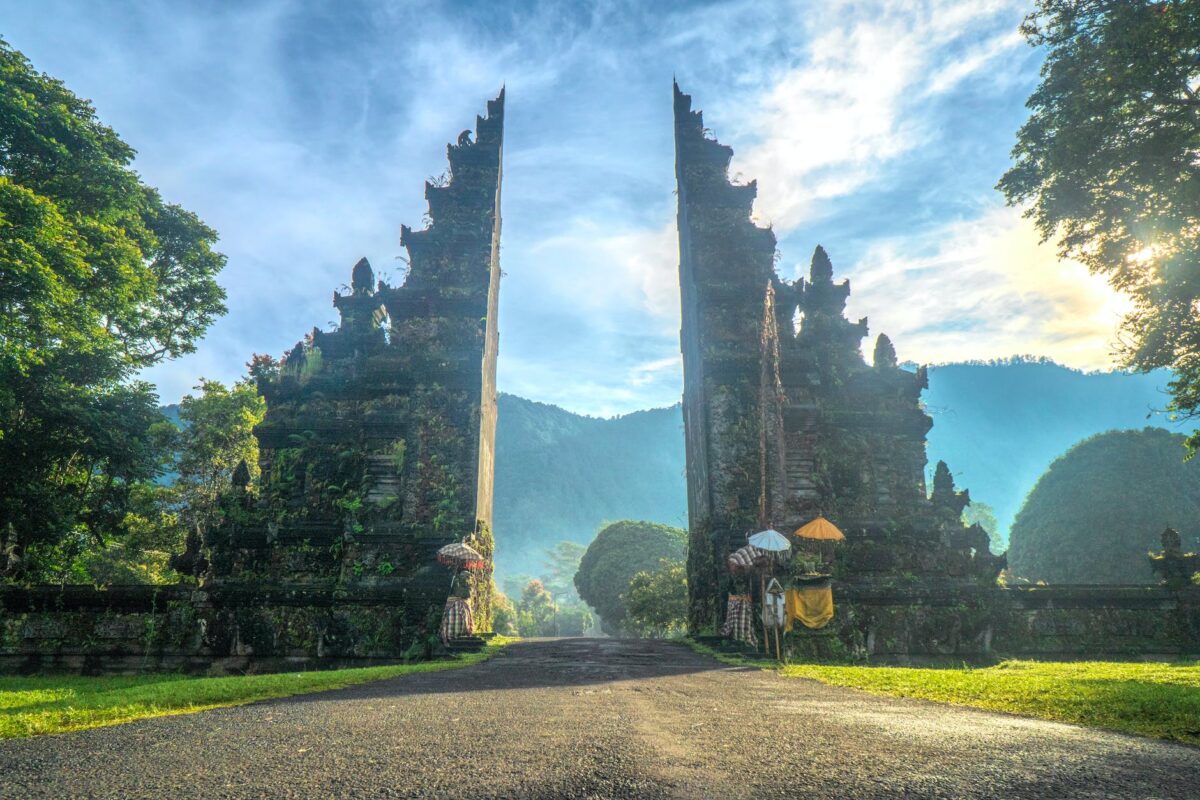Bali’s Illegal Villas Are Thriving — And Online Platforms Aren’t Helping

Skift Take
Bali is grappling with a surge in illegal rental villas, and according to industry players, online booking platforms are making the problem worse.
Executives at local hospitality units warn that unregistered properties are threatening the island’s reputation, undercutting legitimate businesses, and contributing to environmental strain.
They are calling for stricter enforcement against illegal rental properties as the island faces mounting challenges from overtourism and environmental strain.
“Unregistered villas operate without proper hospitality standards and often disappoint customers,” said Adhiguna, chief operating officer of Villas at Nakula Hospitality.
Mellonie Francis, owner of Mel Francis Villas, highlighted rampant illegal construction in protected green zones. “We see unchecked development in designated green zones, worsening environmental degradation,” she said.
Both argue that illegal rentals create unfair competition by sidestepping taxes and labor laws while also compromising safety standards. Francis urged immediate government interve

